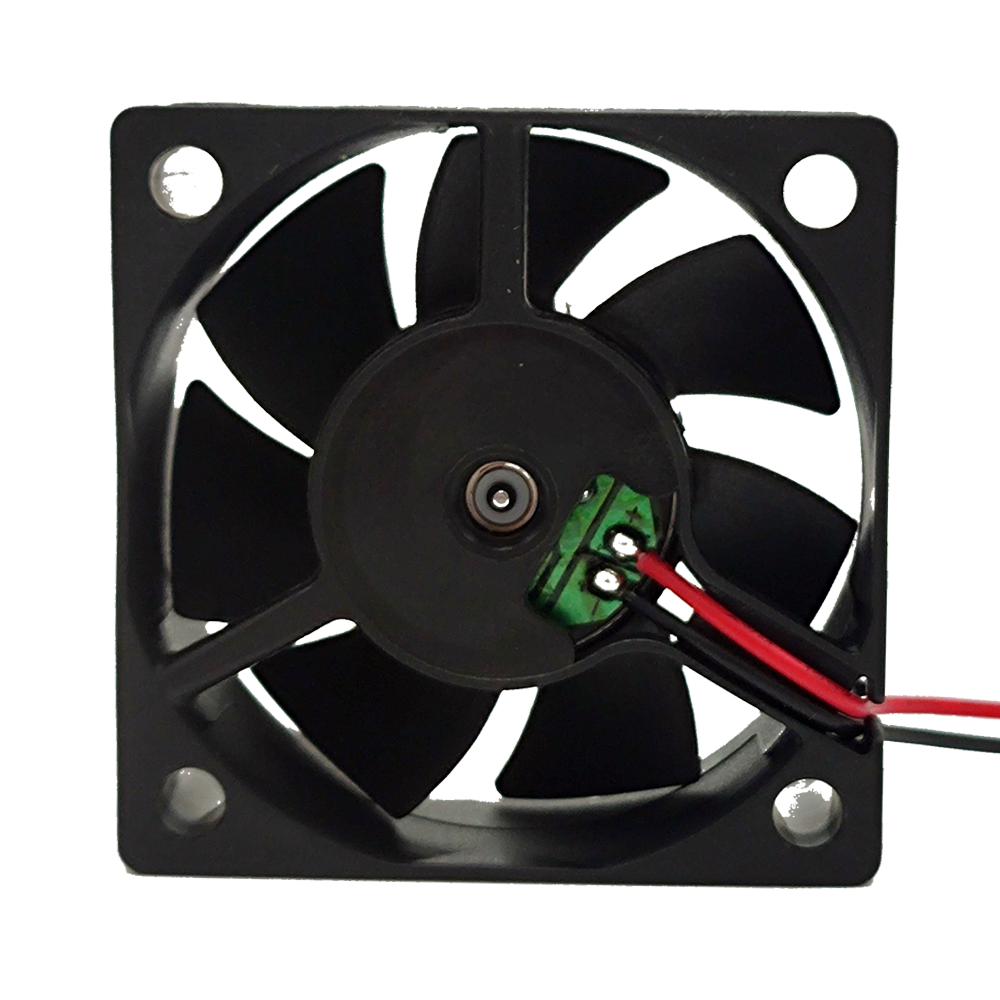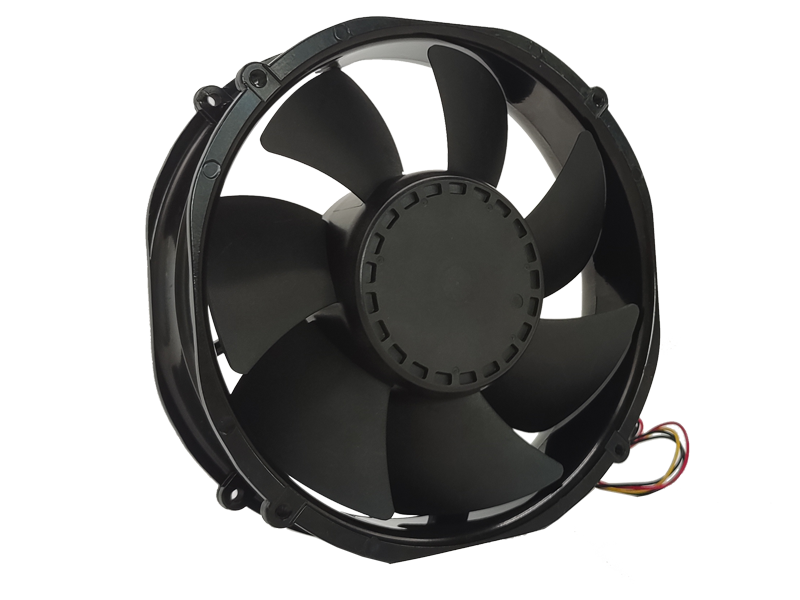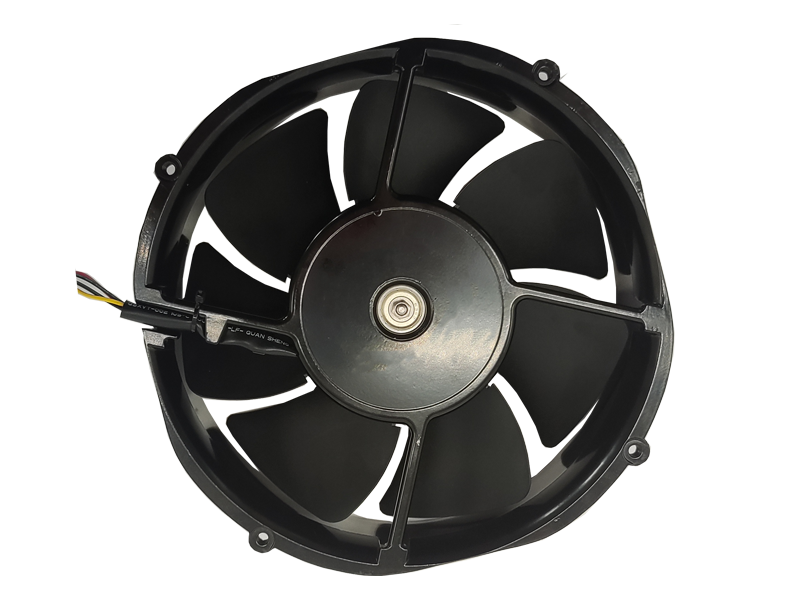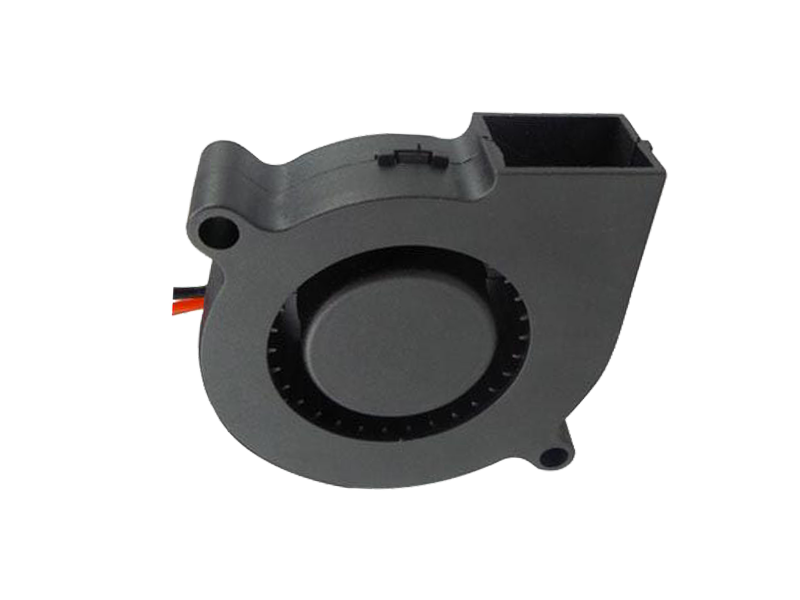In an increasingly automated and sustainability-driven industrial world, the role of industrial fans has grown beyond simple air circulation. Industrial fans now play an integral part in creating efficient, safe, and sustainable environments in manufacturing, data centers, and warehouses. This article explores the evolving role of industrial fans in the context of automation and sustainability and how these fans are being redesigned to meet the needs of modern industries.
1. Industrial Fans in Automation
The rise of automation in industries such as manufacturing, logistics, and data management has created new opportunities for industrial fans to improve efficiency and reduce operating costs. Automation systems require reliable air movement to keep environments at optimal temperatures, humidity levels, and air quality.
(1) Integration with Automated Systems
Modern industrial fans are being integrated into fully automated systems that can adjust airflow in response to changes in environmental conditions. For example, in large manufacturing plants, automated control systems can adjust fan speeds based on the temperature of machinery or the volume of products being processed. This integration not only improves efficiency but also reduces energy consumption by ensuring that fans operate only when necessary.
(2) Real-Time Monitoring and Control
Advancements in sensors, IoT devices, and artificial intelligence (AI) are enabling industrial fans to become more intelligent and responsive. IoT-enabled sensors can track temperature, air pressure, and humidity levels in real-time, feeding data to automated systems that adjust fan performance accordingly. This proactive approach to ventilation ensures that industrial processes run smoothly and efficiently while minimizing energy waste.
2. Industrial Fans and Sustainability
Sustainability is a top priority for industries looking to reduce their environmental impact and adhere to stricter regulations. Industrial fans have an essential role to play in this effort, as they can directly influence energy consumption, emissions, and waste reduction.
(1) Energy-Efficient Fan Designs
As energy efficiency becomes increasingly critical, industrial fan manufacturers are focusing on developing fans that consume less power while maintaining performance. For instance, variable-speed fans, which can adjust speed based on real-time needs, reduce energy consumption by ensuring that fans are running only when necessary.
Additionally, energy-efficient motors, aerodynamic fan blades, and advanced drive technologies have significantly improved the energy performance of industrial fans. These innovations contribute to lowering overall operational costs and reducing the carbon footprint of industrial operations.
(2) Reducing Carbon Footprint
In industries that require continuous ventilation, such as mining, chemical manufacturing, and food processing, industrial fans are key to reducing energy waste and improving efficiency. By optimizing airflow and ensuring that ventilation systems run only when necessary, fans help reduce the amount of energy consumed by air handling systems, leading to lower greenhouse gas emissions.
3. Future Trends: Smart, Sustainable, and Autonomous
The future of industrial fans is closely tied to the broader trends of smart technologies and sustainability in the industrial sector.

(1) Autonomous Fan Systems
Looking ahead, we can expect to see a greater degree of automation in industrial fan systems. Fully autonomous fan systems will be capable of adjusting airflow, pressure, and other parameters automatically based on real-time data and environmental conditions. These systems will contribute to energy efficiency and ensure optimal performance at all times.
(2) Environmentally Friendly Materials
As the demand for sustainable manufacturing grows, industrial fans will increasingly be built from environmentally friendly materials. Recyclable metals, biodegradable composites, and sustainable coatings will become more common in fan designs, reducing the environmental impact of fan production and disposal.
Conclusion
Industrial fans are essential to the efficient operation of many industries. As automation and sustainability trends reshape industrial practices, fans will continue to evolve to meet the new demands of modern manufacturing, logistics, and energy management. The future of industrial fans lies in intelligent, energy-efficient, and environmentally friendly solutions that support industries in their efforts to reduce operational costs and environmental impact while enhancing performance and reliability.
Recommended Products

The main purpose:Car charging station

The main purpose:Car charging station

The main purpose:Electronic refrigerators, water dispensers, direct drinking machines, inverter power supplies
Address:No. 4137, Longgang Avenue (Henggang Section), Henggang Community, Henggang Street, Longgang District, Shenzhen
hotline:13530005572(Chen)15112579390(Li)


Welcome all friends to come for consultation and negotiation.
Copyright 2024 @ Shenzhen Youneng Xinyuan Electronics Co., Ltd.,(industrial fans,industrial blowers,axial fans,cooling fans manufacturer,centrifugal fans,ac cooling fans,dc cooling fans)